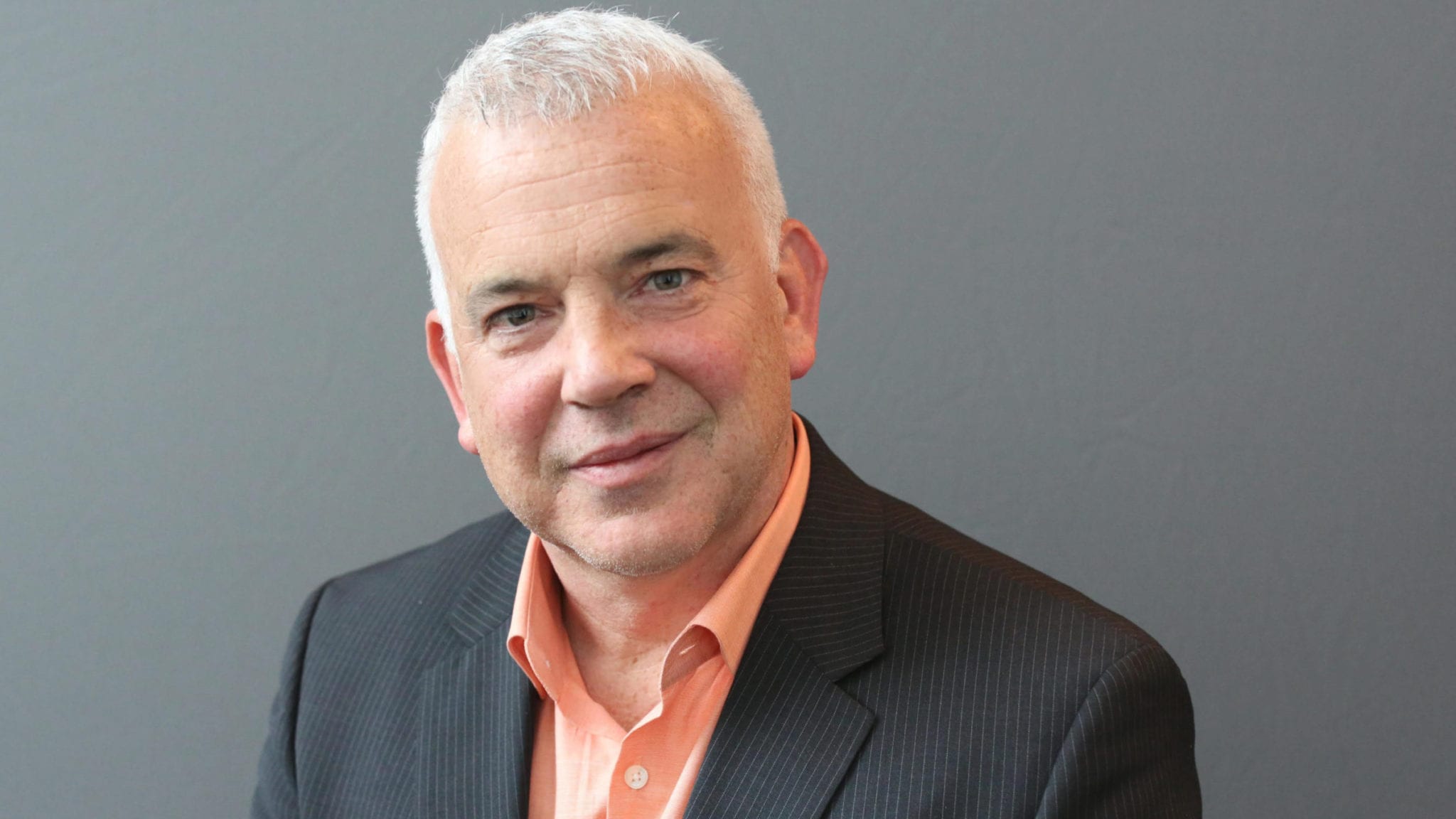
Flagship's merged biotech Repertoire nets ex-Pfizer CSO Anthony Coyle as R&D chief
Flagship is building a big-name C-suite at its new, $220 million merged biotech.
Repertoire Immune Medicines, which already boasts former Bioverativ chief John Cox as its CEO, announced yesterday that Anthony Coyle, the former Pfizer CSO and the founding CEO of Pandion, will join as their head of R&D.
“As we progress clinical trials for our multi-clonal T cell candidates in immuno-oncology, Tony’s deep expertise in cellular immunology and novel therapeutic development will help us achieve our vision of creating a new class of transformative medicines for patients,” Cox said in a statement.
Unlock this article instantly by becoming a free subscriber.
You’ll get access to free articles each month, plus you can customize what newsletters get delivered to your inbox each week, including breaking news.